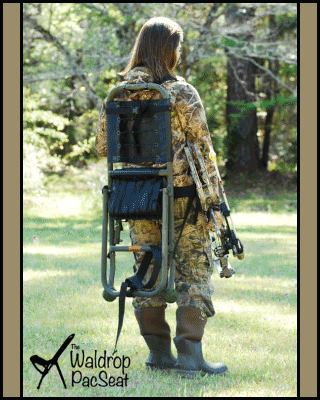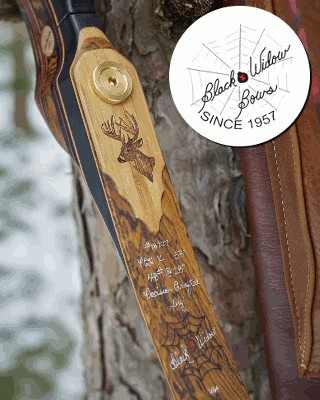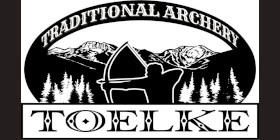Originally posted by mater:
Karl, can you explain why preheated oil is a benefit? I cant seem to get my mind to grasp it.
Easy - when we heat oil it becomes a little thinner and moves around and circulates better!
The more it moves around and remains in contact with the steel, the more heat it can absorb from the steel faster!
If it's cool, it' sort of sluggish. Sort of like pouring maple syrup on ice cream.
It needs to be able to move around and when it's cooler it can't.
You really need to imagine ONE THOUSAND FIVE HUNDRED DEGREE!! steel hitting a container of fluid! Man! That stuff just wants to turn into vapor.
Think about that a moment.
And if it turns into vapor, then it's not even in contact with the steel, so the blade just cools down slowly and begins its conversion to pearlite.
Lots of guys wonder why they have difficulties when quenching into grocery store oils and that's why. The liquids they're using instantly convert to a vapor and create what is called a "vapor jacket" around the steel and no accelerated cooling that is needed is taking place. By the time the vapor jacket collapses and comes into contact with the steel, it has already dropped below where it can head off into pearlite.
It's too late.
Those oils just lack the necessary additives you find in commercial oils.
They're for french fries - not blades.
Now, that all depends on the oil type.
The Parks #50 that a lot of us use has additives that allow it to absorb heat from steel while at room temperature at the same rate as H20/brine - which is amazingly fast.
That's one of the reasons we use it on shallow hardening steels which require heat removal in only a few seconds. It really doesn't need to be heated much more than about 80 degrees.
The faster steels like W1, W2, 1095 need to get below the pearlite window of time in just a few seconds, so there aren't really a long list of oils that will work for those.
However, once we get into the deeper hardening steels like L6, 5160, O1 that have more alloy and a longer amount of time to get into the martensite start conversion range, we can use oils that extract heat a bit slower, which there are more of.
I use something that is called Texaco A, which is no longer produced. It's a really slow oil, and to get the best out of it, I need to warm it up to about 130 degrees to get it to circulate a bit faster for even the slow steels.
There is a great company called Great Lakes Oil that makes a Texaco A equivalent that I have heard good reports about.
Now, when guys use non-industry oils like mineral oil and vegetable-type seed oils that are mostly made for cooking, and also lack the additives to make them really perform well, the best thing to do is warm them up to increase heat reduction speed.
It's a shade-tree method of making sub-standard oils work.
That said, mineral oil is a better option for the deep hardening steels than things like seed oil.
Truth is, if you just heat up 5160 to 1525 degrees and let it air cool, you'll get enough hardening that it'll kill a drill bit.
So warming up non-commercial oils will work for hardening.
The down side of this is that 5160 has enough alloy that to get the best alloy/carbon solution it requires a considerable soak time in a controlled oven.
I've proven again and again how superior 5160 s when austenized with a soak time in an oven to a forge.
The rules of all of this stuff are pretty basic.
There are no real heat treating secrets. Short-cuts are just that. Short-cuts. That doesn't mean they're better, and usually to the contrary.
I've been using my same Parks #50 and Texaco A for years.
Years.
The only way those things really break down is if you catch them on fire, and that almost never happens because of the flame retardants they possess.
They're a little pricey when you first buy them, but when you consider how long they last, and how much better you can make your knives, then it's foolish to not invest in some.
In a movie by Tim Hancock, who a lot of people think walks on water, I heard him make the comment, "Don't you owe your customers the best knife you can possibly make?"




















